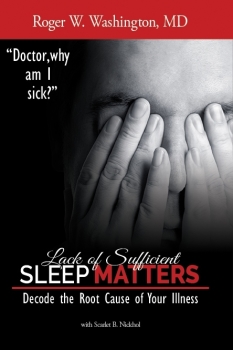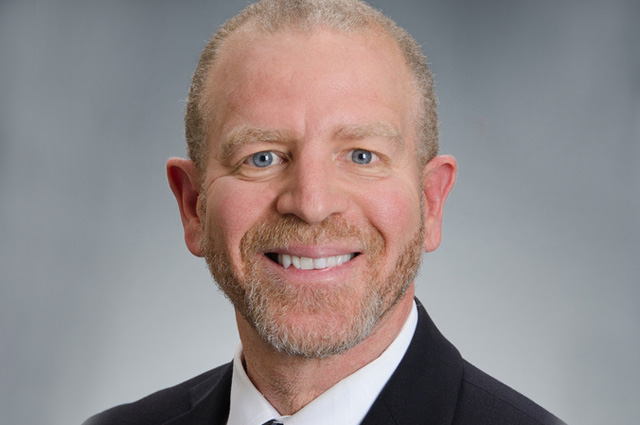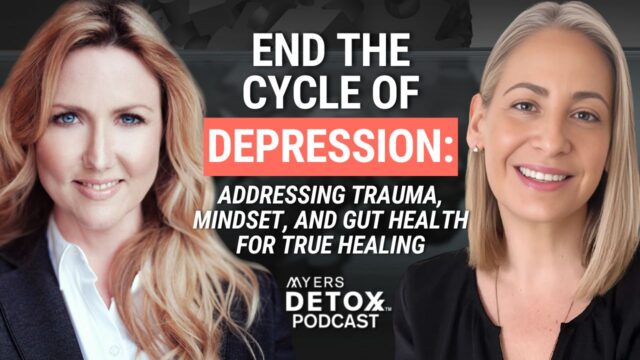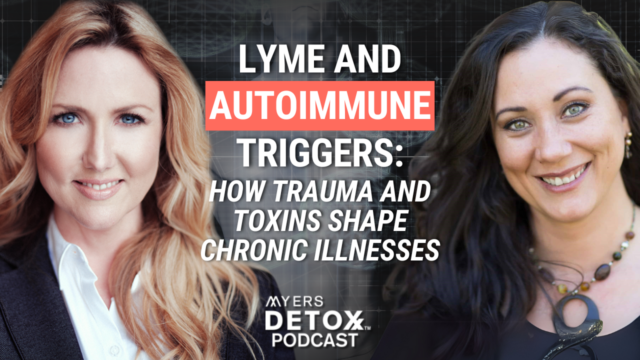Dr. Roger Washington is an excellent medical doctor who is here to tell us all the things that are preventing us from getting good sleep! He also has some interesting insight about how lack of sleep causes disease.
Transcript
Click here to view the full transcript for #137 How Lack of Sleep Causes Illness with Dr. Roger Washington.
In fact, many people do not realize that one of the biggest culprits behind many illnesses. That’s why it is so important to ensure that you are allowing your body to get the necessary rest.
About Dr. Roger Washington
A Stanford Medical School graduate and Academy of Family Physicians Fellow, Roger W. Washington, M.D. has answered the question, “Doctor, Why Am I Sick?” for 30 years. In his first book, “Lack of Sufficient SLEEP MATTERS,” Dr. Washington decodes the root cause of illness he discovered in California’s Silicon Valley, where sacrificing sleep is the norm. Son of a nurse and hospital attendant, and a father to teenagers Jared and Maya, Dr. Washington chose the all-encompassing medical training of a family practitioner to become a more effective healer as well as to realize his passion for teaching the principles of illness prevention.
Everyone who gets sick wants to know why and what they can do to prevent it from happening again. Our guest today is a medical doctor who has spent 30 years decoding the connection between stress, lack of sufficient sleep, and the cause of illness.
Lack of Sufficient SLEEP MATTERS
 For 30 years, Roger W. Washington, MD has studied why people get sick when they do. It turns out the cause of sickness is rather simple. In Lack of Sufficient SLEEP MATTERS: Decode The Root Cause of Your Illness, Dr. Washington gives readers the tools to understand: a simple algebraic equation that predicts your chances of becoming ill, why sickness often occurs after “stressful” circumstances and how lack of sufficient sleep (LOSS) is the cause of diseases such as migraines, IBS, PMS, fibromyalgia, and neuropathy. Dr Washinston also delves into how the onset of diabetes, which is supposedly genetic and environmental, could be delayed or even prevented with proper sleep patterns.
For 30 years, Roger W. Washington, MD has studied why people get sick when they do. It turns out the cause of sickness is rather simple. In Lack of Sufficient SLEEP MATTERS: Decode The Root Cause of Your Illness, Dr. Washington gives readers the tools to understand: a simple algebraic equation that predicts your chances of becoming ill, why sickness often occurs after “stressful” circumstances and how lack of sufficient sleep (LOSS) is the cause of diseases such as migraines, IBS, PMS, fibromyalgia, and neuropathy. Dr Washinston also delves into how the onset of diabetes, which is supposedly genetic and environmental, could be delayed or even prevented with proper sleep patterns.









